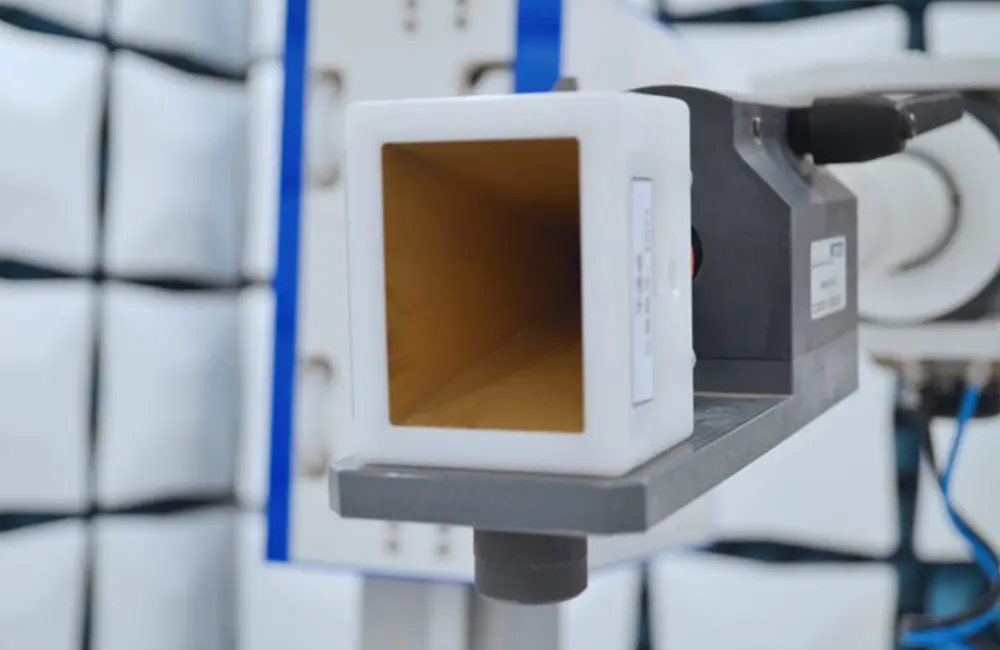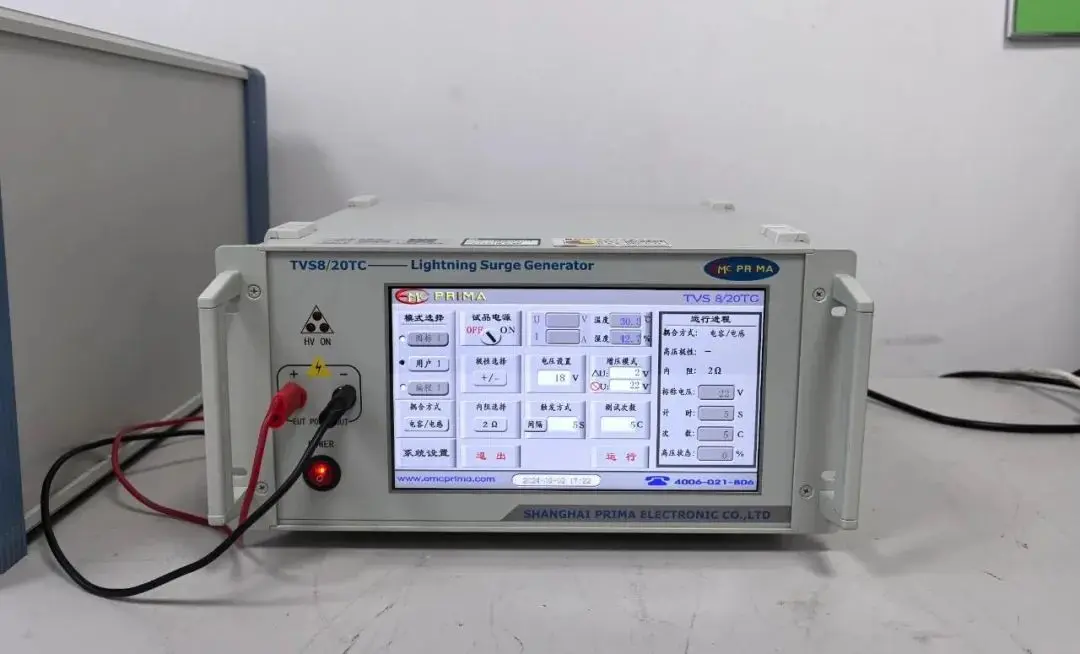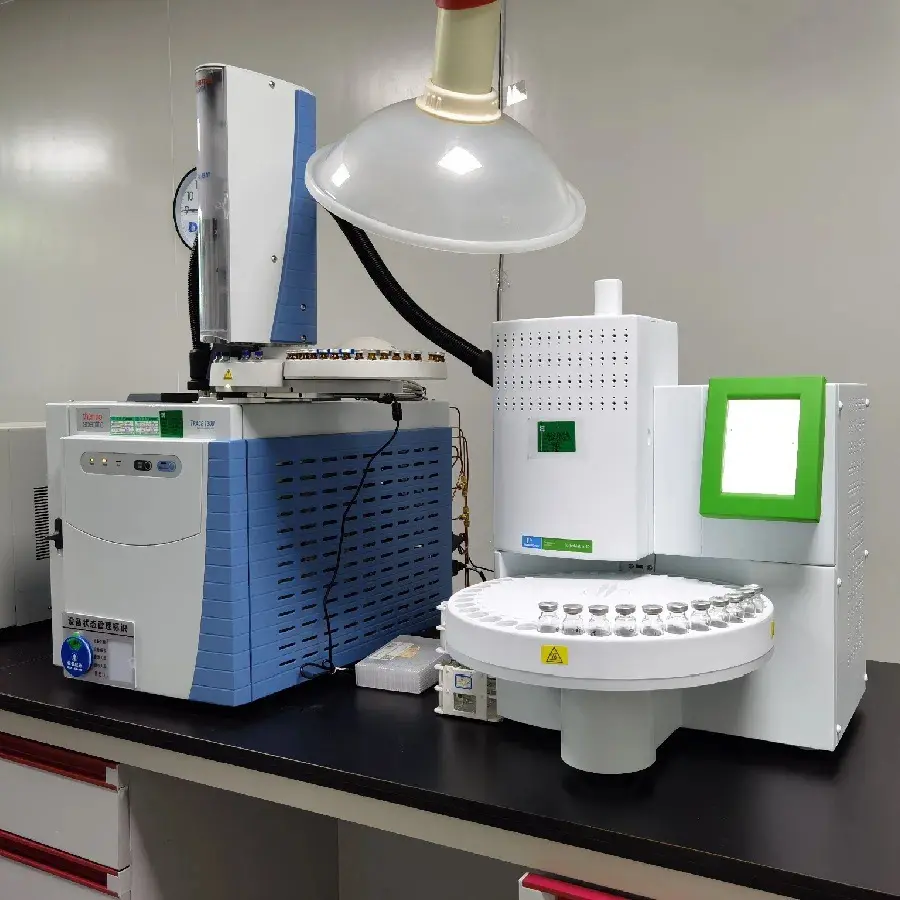
Common Certifications for Wireless Charging
Wireless chargers are now a very popular information technology product globally, favored by people worldwide. Below is a detailed explanation of the certification requirements for exporting wireless chargers to North America, Japan, and South Korea.

QI Certification for Wireless Chargers:
Firstly, there is the QI certification, which is the certification from the Wireless Power Consortium (WPC). QI certification signifies that the wireless charging product meets the WPC's QI standard. QI certification is widely recognized by most companies and institutions and has a high level of market acceptance. Companies like Apple and Samsung have joined the WPC. (It is important to note that if you are using the wireless charging function, QI certification is required.)
In addition, when exporting wireless chargers, each country or region has its corresponding standards.
CE certification for Wireless Charger Export to the European Union:
Wireless charging CE certification needs to meet the following standards:
- RF: EN303417
- EMC: EN301489-1/3
- SAR Test or Evaluation: EN5364:2018, EN62369:2009, EN62311
- Safety: EN60950-1 (EN62368-1)
FCC, UL, DOE, and CEC Certifications for Wireless Charger Export to the United States:
FCC certification is mandatory and must be done. For safety certifications, there is UL certification, which has a very high level of recognition in the U.S. Additionally, there are DOE and CEC certifications for energy efficiency and environmental standards, with DOE focused more on California and CEC for the entire U.S., depending on customer needs.
- RF or EMC: fcc part 15C or fcc part 18, FCC SAR (if applicable)
- Safety: UL60950-1 or UL62368-1
- Energy Efficiency: DOE or CEC Title 20
fcc id Certification for Wireless Chargers in the U.S.
IC ID Certification for Wireless Charger Export to Canada:
The standards required for ic certification include:
- RF: RSS-216, SAR (if applicable)
NCC, bsmi, and ROHS certifications for Wireless Charger Export to Taiwan:
- NCC: LP0002
- BSMI:
- Safety: CNS14336-1 (1999 version)
- EMC (I): CNS13438 (1995 version)
- ROHS: CNS15663 Section 5 (with markings) (2013)
kc certification for Wireless Charger Export to South Korea:
- RF: Same as RFID products
- EMC: KN 17, KN 14-1 & 14-2
- SAR (if applicable)
Email:hello@jjrlab.com
Write your message here and send it to us
 Amazon UL Standard Test Report
Amazon UL Standard Test Report
 When Can FCC ID Modifications Be Filed?
When Can FCC ID Modifications Be Filed?
 LoRa Certification Testing Laboratory
LoRa Certification Testing Laboratory
 Blood Pressure Monitor Certification Testing Servi
Blood Pressure Monitor Certification Testing Servi
 ECG Device Certification Testing
ECG Device Certification Testing
 Pulse Oximeter Certification and Testing Standards
Pulse Oximeter Certification and Testing Standards
 IVD Medical Device GB 4793:2024 Test Report
IVD Medical Device GB 4793:2024 Test Report
 IECEE CBTL Testing Laboratory for IVD Medical Devi
IECEE CBTL Testing Laboratory for IVD Medical Devi
Leave us a message
24-hour online customer service at any time to respond, so that you worry!




